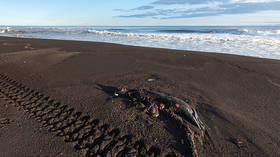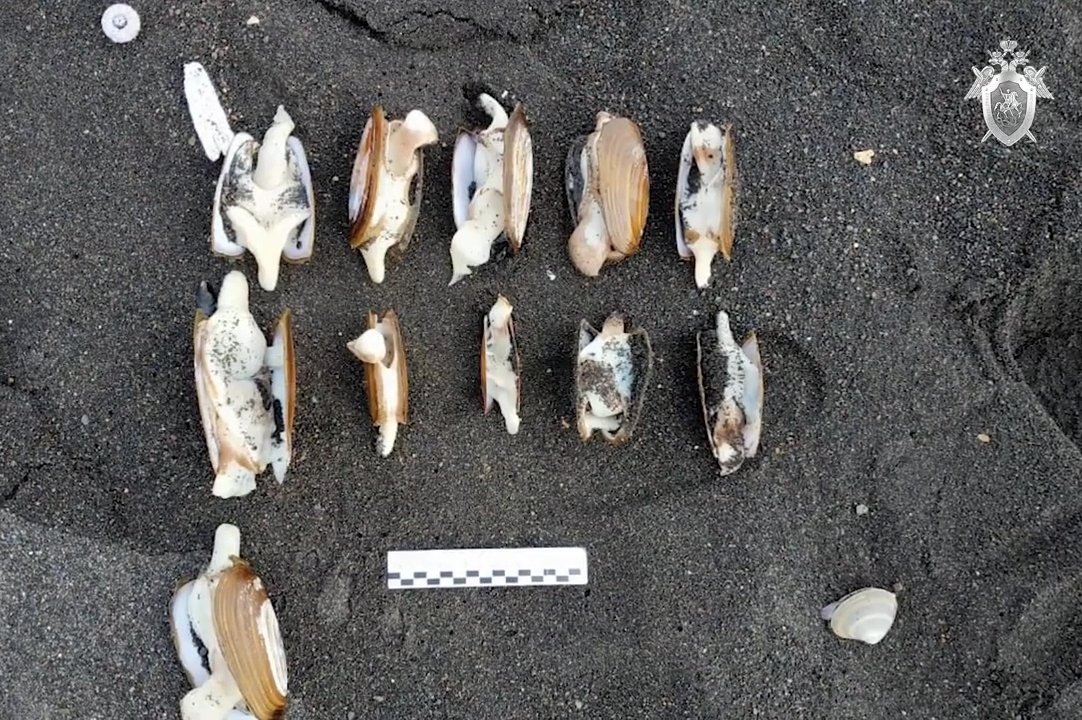Criminal case opens after unexplained disaster kills almost all seabed-dwelling organisms on Far Eastern Russia's Pacific coast

Russia launched a criminal case into an unsolved catastrophe that killed 95 percent of organisms on the seabed in Kamchatka's Avacha Bay. The cause of the disaster is so far unknown, and investigators found no toxins in the sea.
Kamchatka is located in Russia’s Far East and stretches out into the Pacific Ocean. The peninsula is known for its beautiful coast and active volcanoes, which are protected by UNESCO. Last weekend, hordes of dead sea life began washing up on beaches, and local surfers started to complain about having eye problems. A few days later, researchers discovered that 95 percent of marine life on, in, or near the seabed of Avacha Bay, near the city of Petropavlovsk-Kamchatsky, had perished.
According to the Prosecutor General, the local police department's forensic center found no toxic substances or oil products in the sand and water it analysed along the Kamchatka coast. Traces were found at just one location, Khalaktyrsky beach. Earlier, studies by Kamchatka's environmental watchdog found that local water samples contained four times the maximum permissible amount of oil products.

In response to the disaster, Russia's Investigative Committee has opened a criminal case based on the mishandling of environmentally hazardous substances.
With the environmental catastrophe still unexplained, multiple theories have been proposed. On Monday, Kamchatka Governor Vladimir Solodov said that human-made pollution, a rapid growth in algae and seismic activity were all possible theories. All three possibilities are still being considered.
Also on rt.com ‘This is an environmental disaster’: Unexplained tragedy kills 95% of sea-life on bed of Russia’s Avacha BayThe consequences of Kamachtka's ecological disaster could end up being worse than is currently understood. With 95 percent of seabed life dead, many more will animals will perish due to the disruption of the food chain. According to Greenpeace, the environmental change even threatens the local population of rare birds, including the Steller's sea eagle, which is on the red list of threatened species.
“These birds feed mainly on large fish, so ocean pollution can lead to their death, or make them leave their nests,” said Greenpeace. “The loss of Steller's sea eagle will affect the universal value of the UNESCO site.”
If you like this story, share it with a friend!














